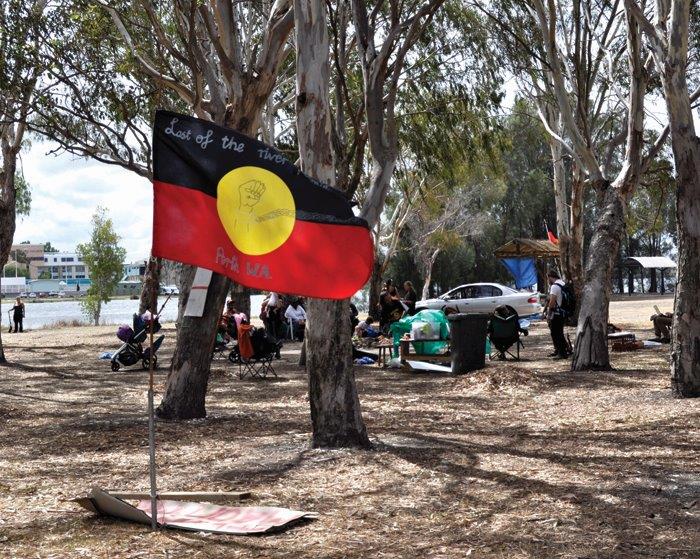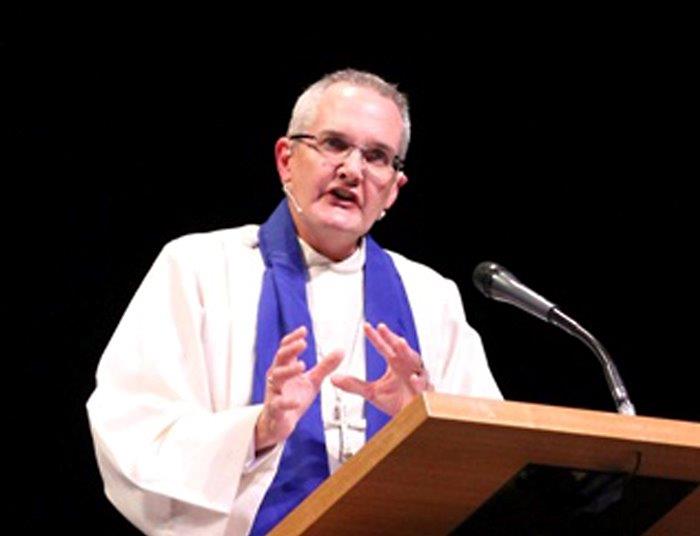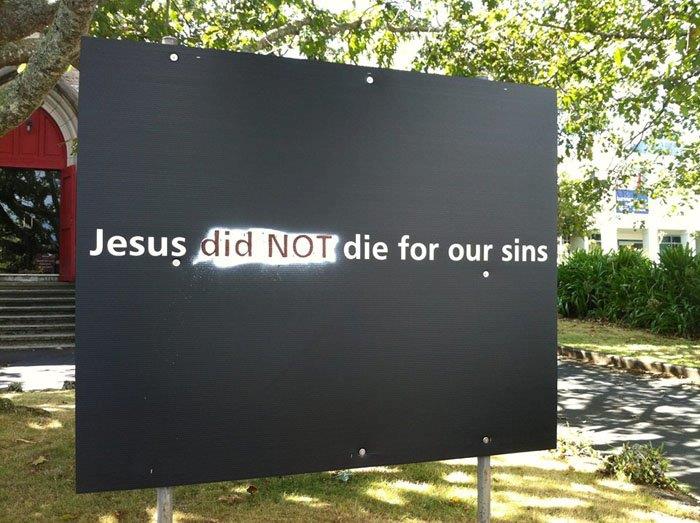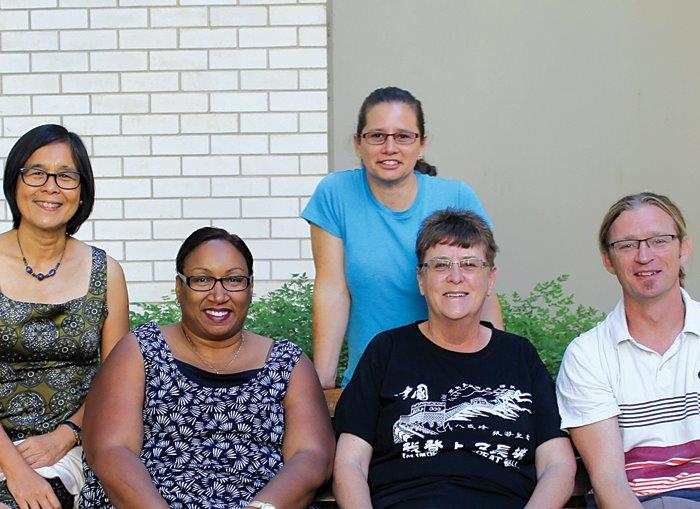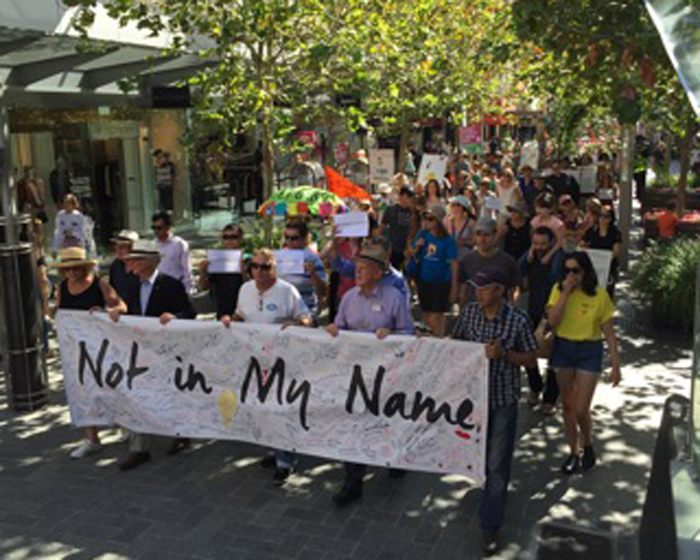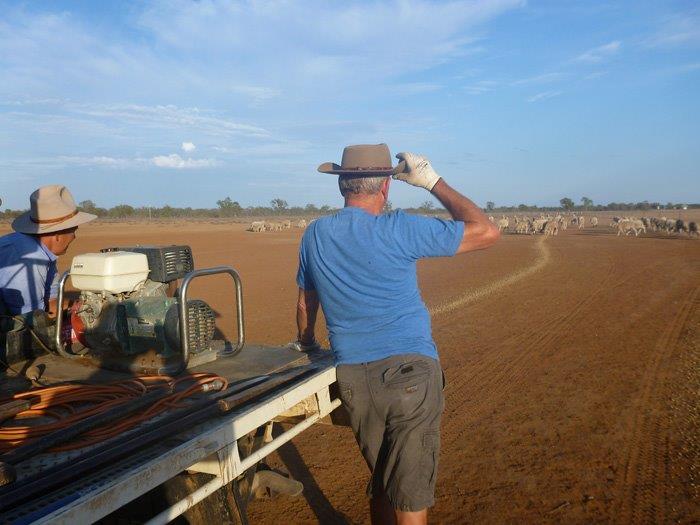As the Uniting Aboriginal and Islander Christian Congress (UAICC) prepares to celebrate its 30th anniversary on 29 May this year, its members and supporters enter, yet again, an emotional struggle to protect their human rights.
On Close the Gap Day, 19 March, hundreds of people marched from Forrest Place in Perth’s CBD to Parliament House in West Perth, to voice their concerns over the planned closure of 150 remote Aboriginal communities around Western Australia. Last year, the Federal Government announced it would pass on the responsibility of funding remote Aboriginal communities to the states. In turn, this led to an announcement from the State Government that it could no longer afford funding to these WA communities, and that it would be cut.
The announcements have caused anger, frustration and devastation amongst Indigenous Australians and the wider community. Even more hurt was caused when Prime Minister Tony Abbott suggested living in an Aboriginal community was a lifestyle choice, and that Australia could no longer afford to fund those choices.
Rev Sealin Garlett, chair of the WA Uniting Aboriginal and Islander Christian Congress, disagrees.
“Indigenous people have a deep connection to our land. This is not just a ‘lifestyle choice’, but part of our cultural and spiritual identity. We need to be on country to look after it,” he said.
